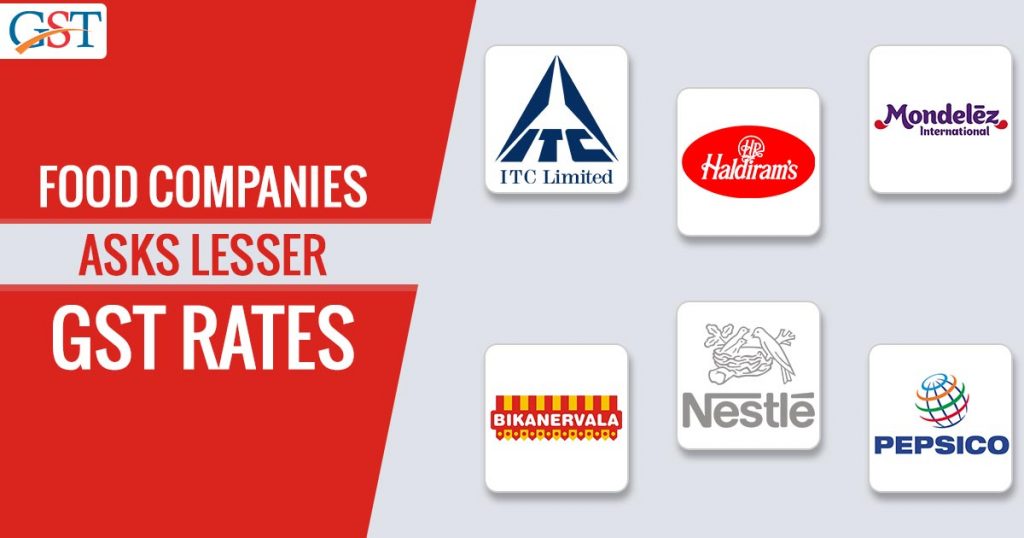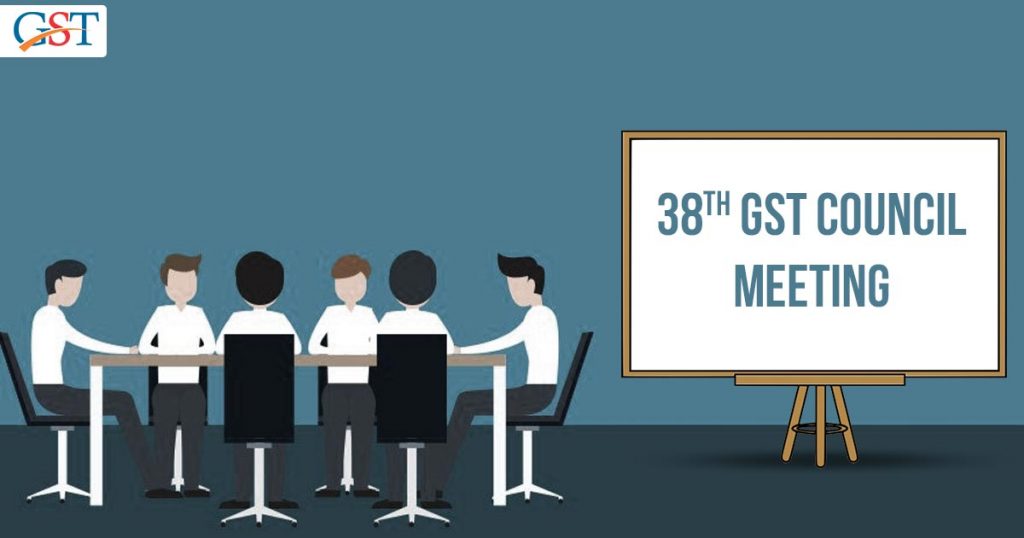
The All India Food Processors’ Association (AIFPA) in a letter to FM appealed against the higher existing rates of processed foods. The processed unbranded food falls under the slab of 5% whereas their branded peers fall under 12%. The companies are putting up their concern for setting up a wrong trend in the market which tends to promote unbranded and unsafe processed food by placing them under a lower tax slab.
Presently all food products fall under tax slab ranging from 5% to 28%. The essential services and food items fall under lower tax brackets whereas the luxury food items and services being placed under the higher tax slabs. For example, in order to benefit the lower section of producers and farmers, fruits and vegetables are placed under 0% GST whereas molasses forms the essential for that luxury segment, is placed under GST slab rate 
The All India Food Processors’ Association (AIFPA), has members such as ITC, Haldiram, Mondelez, Bikanervala, Nestle, PepsiCo and some other small and mid-sized food companies are trying to safeguard their position by detailing the government of the scenario of food industry prevailing this financial year. This year, the consumption of the FMCG products has gone down to 7.3% in value in the July-September quarter as compared to 16.2 a year earlier, a report stated in October.
AIFPA president Subodh Jindal in the letter to FM stated that the industry is already under stress due to a slowdown in the consumption rate especially in the rural sector and hence any rate increase will be detrimental to the industry as well as the farmers. The letter takes cognizance of the fact that food products like instant mixes, ready to -eat food items, pickles and namkeens are placed under a 12% tax bracket which seems unfair. There has been a constant demand for lowering the rate in this segment to 5%. Complaining of the lower rate of GST prevailing in the market for the unbranded snacks category whereas the branded snacks are paying higher tax rates, the letter says this anomaly is not only making the companies struggle but is also promoting the unhealthy products. This is making a shift of consumers towards adulterated food thereby making the existing branded products struggle for recovering the operational costs.
On account of a definite slowdown in the rural market owing to below farm incomes, liquidity crisis and rising unemployment, the food companies are demanding a tax rate cut. This is in anticipation to the speculation prevailing that there can be an announcement of an increase in the rates in the meeting on December 18. The rate increase is being speculated for categories such as processed foods, healthcare services, and mobile phones. This upward movement of rate can fetch the government an increase of about Rs 1000 crore of revenue per month. GST (Goods and Services Tax) collections have been lower than expected and the government seems to be inclined to take measures to increase it by raising the tax rate in this GST council meet 








